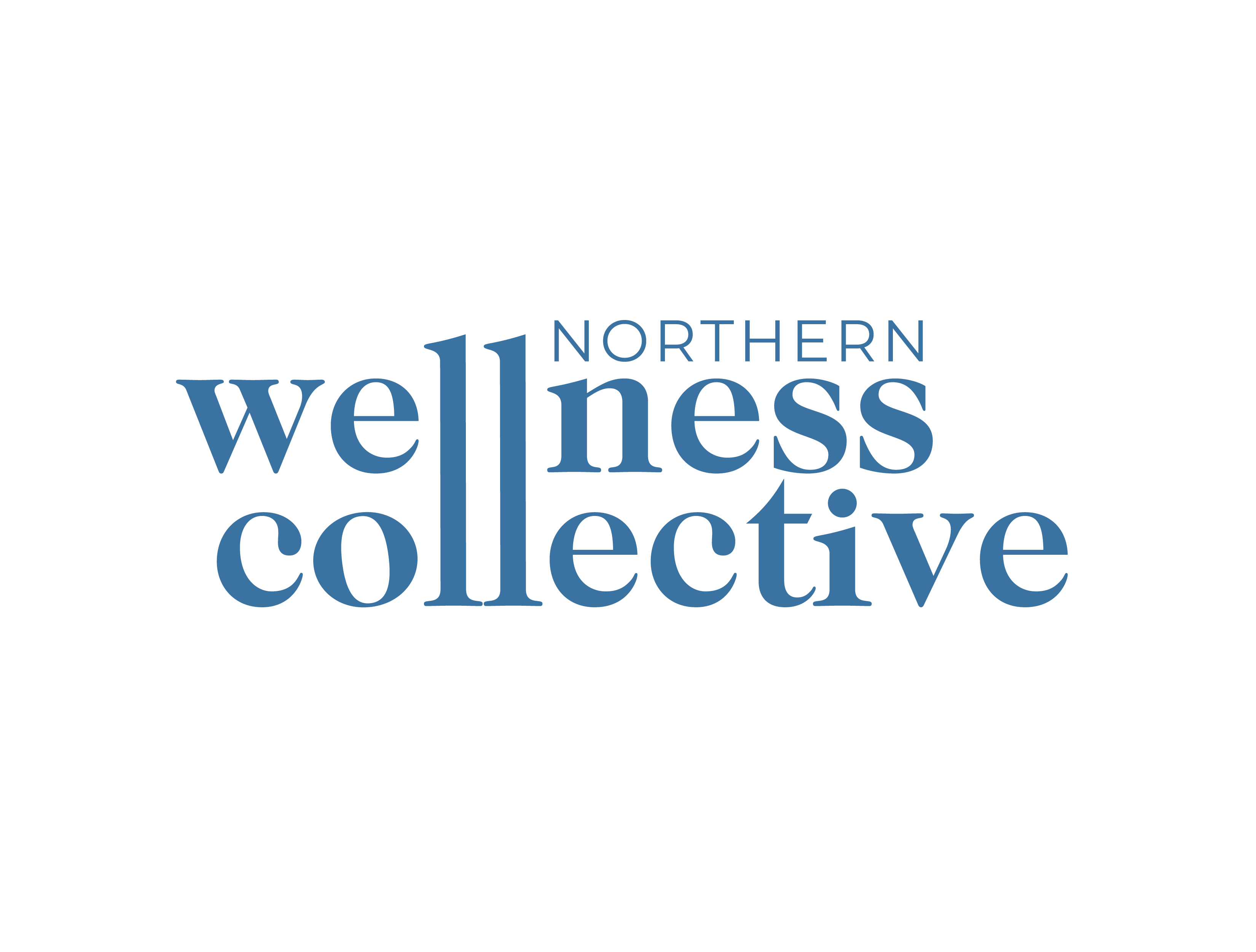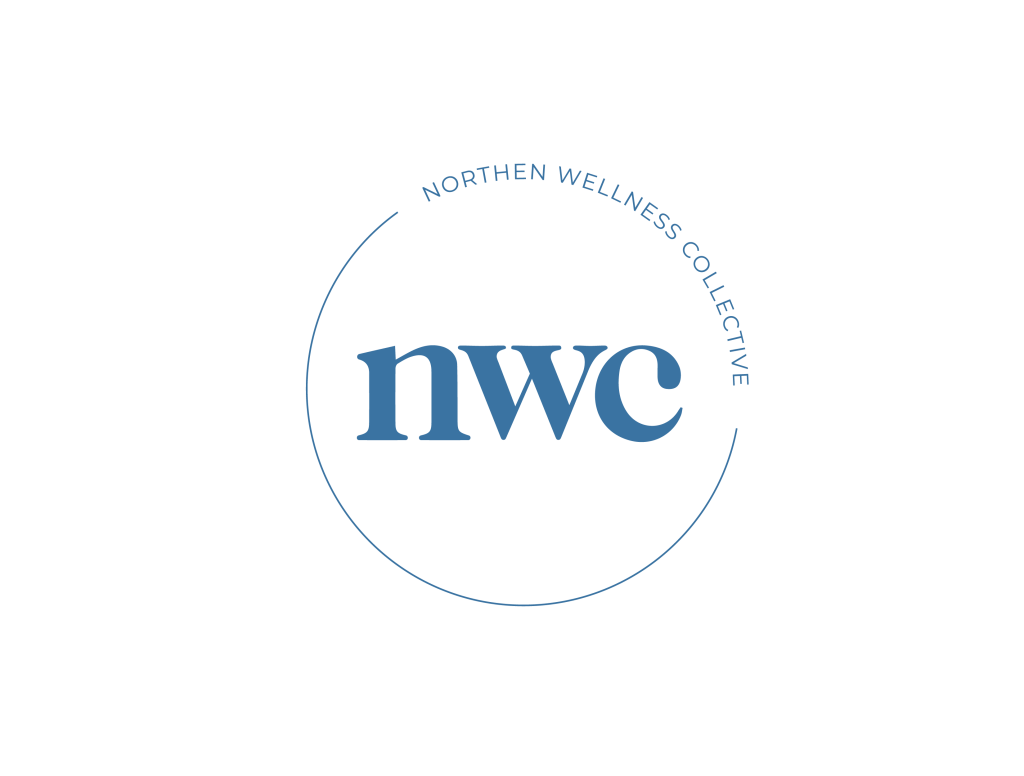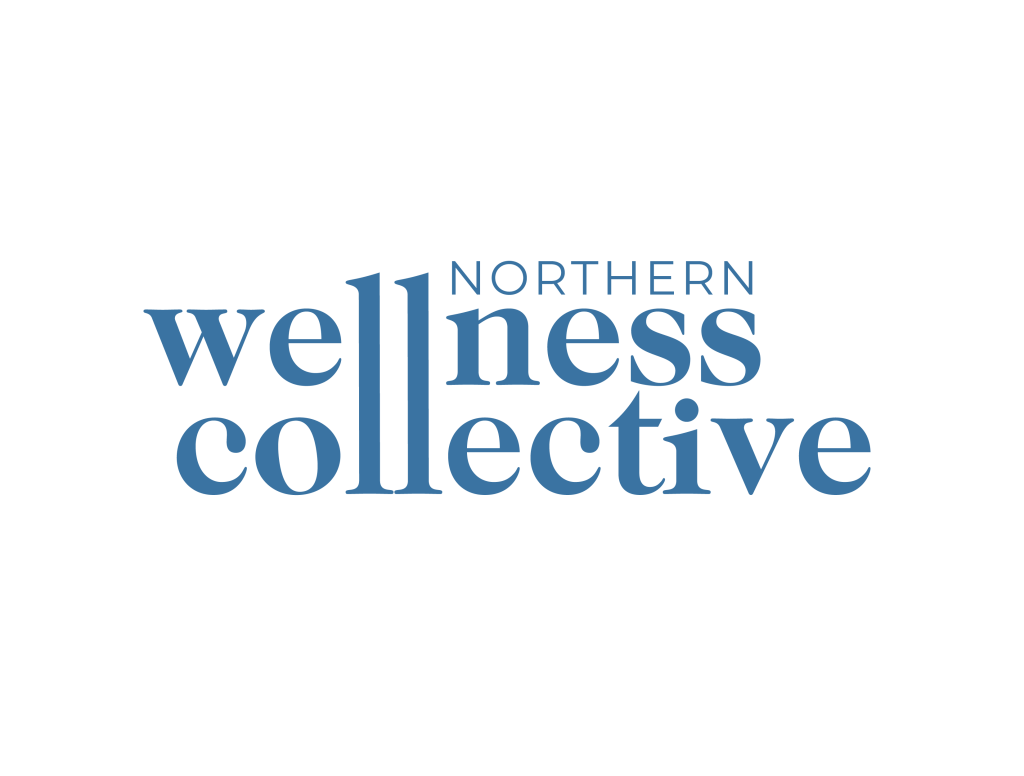The journey toward conception is a remarkable chapter in a couple’s life, marked by hope, anticipation, and careful preparation. Nutrition plays a pivotal role during this period, as certain nutrients can influence fertility, hormonal balance, and overall reproductive health. Let’s delve into the most important nutrients to focus on when trying to conceive, offering insights on how they support your fertility journey.
- Folic Acid aka folate aka vitamin B9
Folic acid, a B-vitamin, is essential for people who are planning to conceive. It is crucial in the early stages of pregnancy as it helps prevent neural tube defects in the developing fetus. Ensuring you have adequate folic acid intake even before conception is recommended. Foods like leafy greens, beans, citrus fruits, and fortified cereals are rich sources of folic acid.
- Omega-3 Fatty Acids
Omega-3s, particularly EPA and DHA, play a role in regulating hormones, promoting healthy ovulation, and supporting the development of the baby’s brain during pregnancy. Fatty fish like salmon, walnuts, flaxseeds, and chia seeds are excellent sources of omega-3s.
- Iron
Iron supports healthy ovulation and the development of a healthy uterine lining. Maintaining optimal iron levels is especially important when trying to conceive, as it supports the increased blood volume and oxygen transport needed during pregnancy. Include lean red meats, poultry, fish, and plant-based iron sources like lentils, spinach, and tofu in your diet.
- Vitamin D and Calcium
Calcium is vital for bone health and plays a role in muscle function, including those of the reproductive organs. Vitamin D is essential for calcium absorption and overall immune function. Adequate levels of both nutrients are important for fertility and a healthy pregnancy. Dairy products, fortified plant-based milk, leafy greens, and exposure to sunlight are ways to obtain these nutrients.
- Antioxidants
Antioxidants, such as vitamin C, help protect reproductive cells from oxidative stress. They play a role in egg and sperm health, reducing the risk of DNA damage that could affect fertility and pregnancy. Colourful fruits and vegetables, nuts, seeds, and whole grains are rich in antioxidants.
In addition to optimizing your nutrition, seeking prenatal care is crucial when planning to conceive. Prenatal care involves regular medical check-ups and consultations with your healthcare provider. They can help identify any underlying health condition that might affect fertility and provide guidance on achieving optimal health before pregnancy. Prenatal vitamins are an integral part of this care, ensuring that you receive essential nutrients even before conception occurs. We recommended people seek prenatal care a minimum of 3 months prior to trying to conceive.
Nutrition plays a vital role in preparing your body for the incredible journey of conception. Coupled with the importance of prenatal care, a well-balanced diet that includes a variety of nutrient-rich foods can positively impact fertility and set the foundation for a healthy pregnancy. Remember, the road to conception is unique for every individual or couple, so it is a good idea to consult with a healthcare provider before making significant changes to your diet or supplement intake. By seeking proper care, you are not only supporting your own health but also nurturing the potential life that lies ahead.


